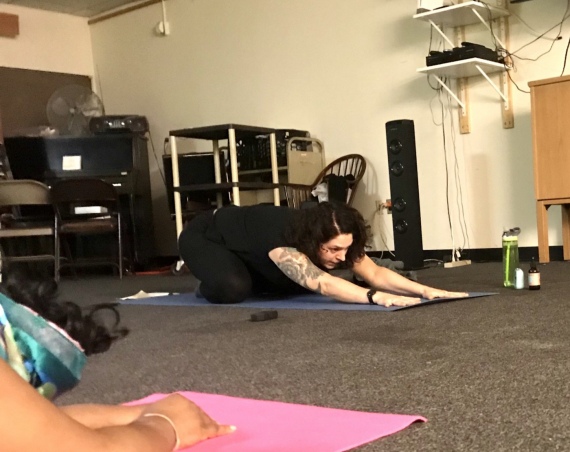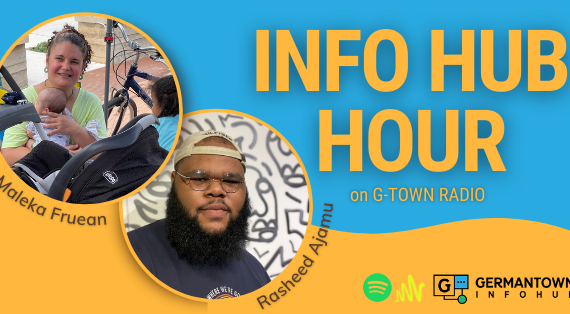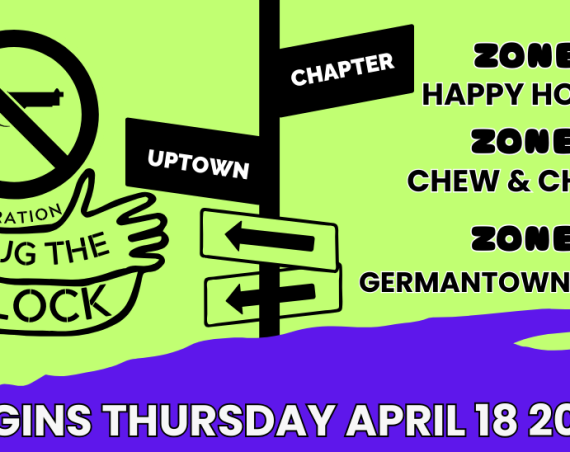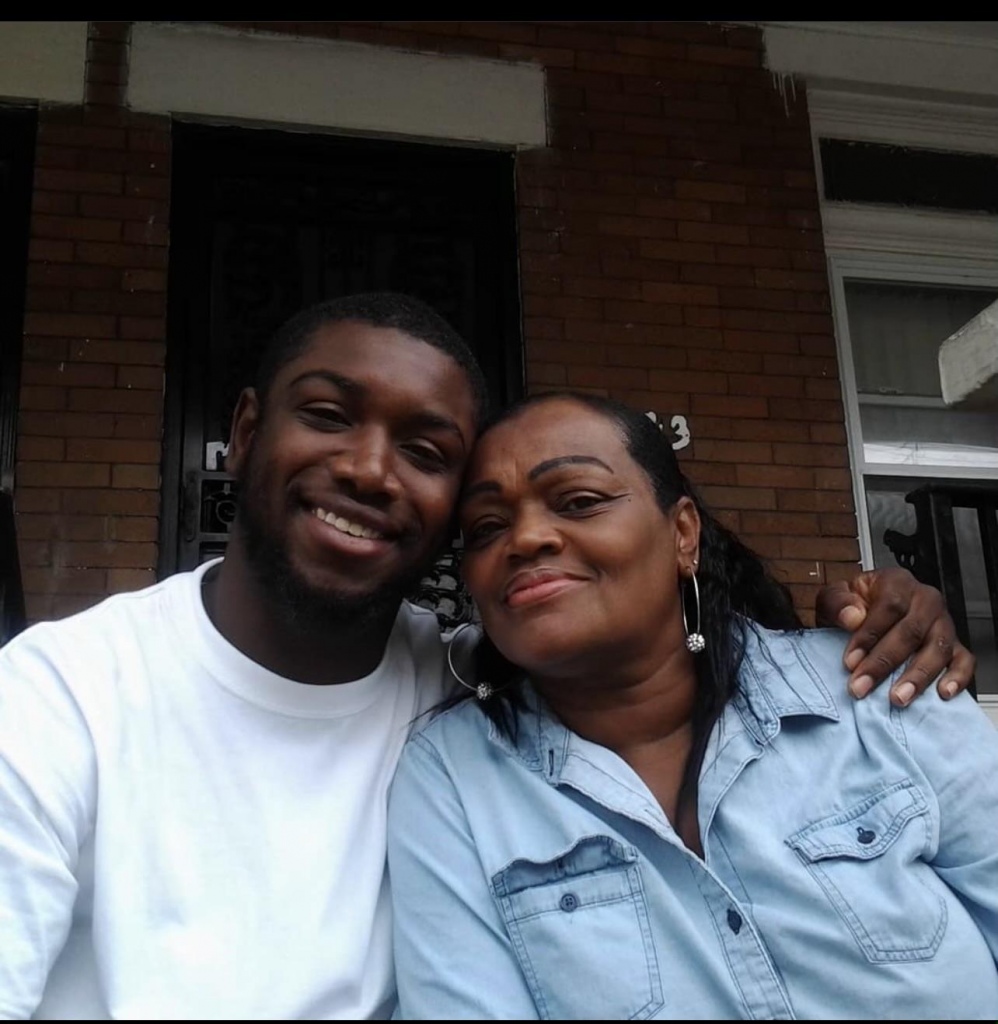
The Philadelphia Obituary Project is helping families tell the complete story of loved ones who’ve been murdered since 2015 —including here in Germantown.
The Obituary Project is an effort to document the lives of the city’s homicide victims, regardless of their background. A reporter partners with a family member of a homicide victim, does an interview, and writes an obituary; stories range from how victims met their partner to their dreams and aspirations. The published obituaries allow families to share readers the story behind the victim.
Obituary Project Executive Jennifer Lawson, explains that “…A lot of people would watch the news or read the paper and hear about shootings and, and there’s never any follow up about who the victims were.”
Cletus Lyman founded the project in 2015. Their website says, “All too often in Philadelphia, the news is filled with bloody details from the latest homicide, and another one comes so quickly…Because the media is often ill-equipped to dive deeper than the murder itself, much of the general public blames the victims or assumes they must have been criminals.”
Philadelphia’s homicide rate has increased every year since 2016. Last week the city reached 445 deaths by homicide for 2020, with just weeks left in the year.
Additionally, some gun-violence reports do not make it to the news. According to a Making the News study, out of 1216 firearm assault victims in Philadelphia, 562 victims were included in media reports in 2017. Jim MacMillan from the Center of Gun Violence Reporting at Philadelphia Community College says the underreporting can be misinterpreted by families.
MacMillan says, “It’s hard, it’s like telling a family it’s not newsworthy.” He says it’s easy for families to come to understand the lack of reporting means their victim is not important.
While newsroom pressures and the rise in homicides make it challenging for victim’s stories to be told, the obituary project aims to bridge that gap.
Remembering Love
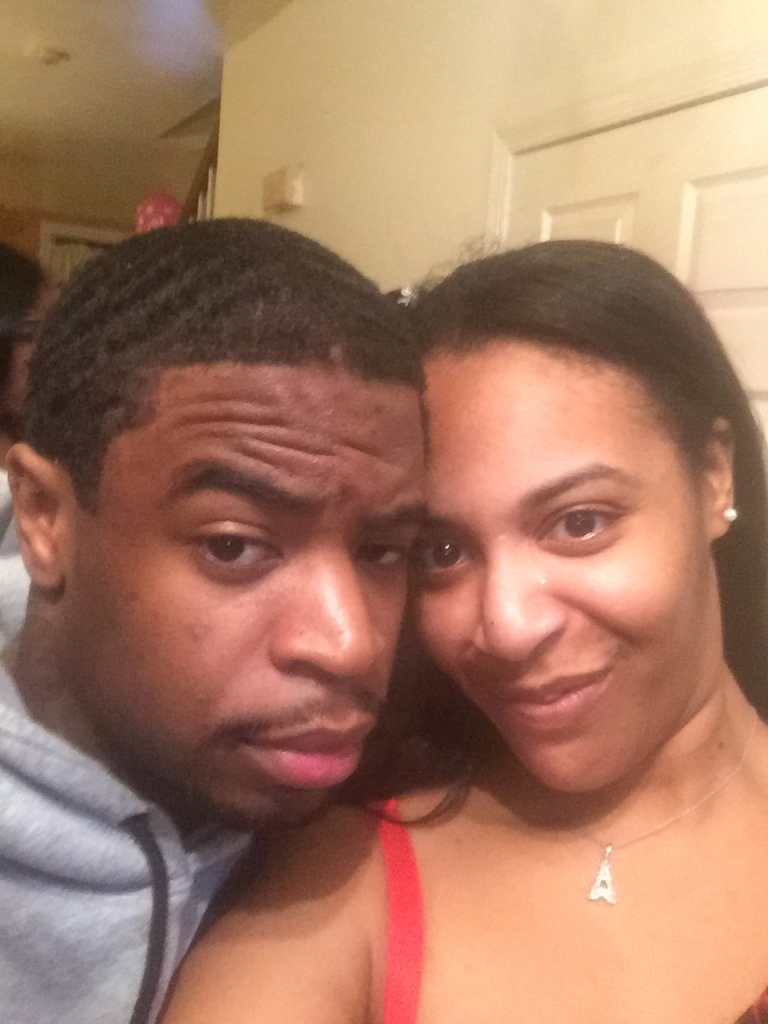
In 2017, Tania Bond’s husband Dennis Plowden Jr. was shot and killed by Philadelphia Police Department Officer Eric Ruch Jr., two days after Christmas. The tragedy occured one evening as Plowden went to visit his mother in East Germantown because he was sick on the holiday. The media gravitated toward the story, as Officer Ruch Jr. murdered an unarmed Black man whose hands were raised when approached at the scene.
The obituary project was another outlet to reach out to Bond.
“They had been following it [the story] but realized that they never saw anything that mentioned the type of person he was,” Bond says. She continues to say that what she wanted to do was “to pretty much give some description, some detail, some characteristic to who he was.”
Bond agreed to work with the project. After the shooting occured, the media reported what happened to Plowden and Ruch Jr’s firing as a result, but she says no one asked who her husband was to her and his family.
“So someone can know that this was a human being, he had a life, he was a father,” Bond says.
After Plowden’s obituary was published, Bond says she was smiling from ear to ear as she read what appeared to be a love story. ‘Dennis Plowden Jr., 25, Shot By Philly Cop in 2017, ‘A Compact Guy with a Big Personality’ was the headline writer Jennifer Lawson led with. The story took readers on a journey beginning when Bond and Plowden Jr. met at a Germantown bus stop, their first date at Oak Lane Diner, when they eloped to NYC and welcomed a son in May 2017. They named him Darryl.
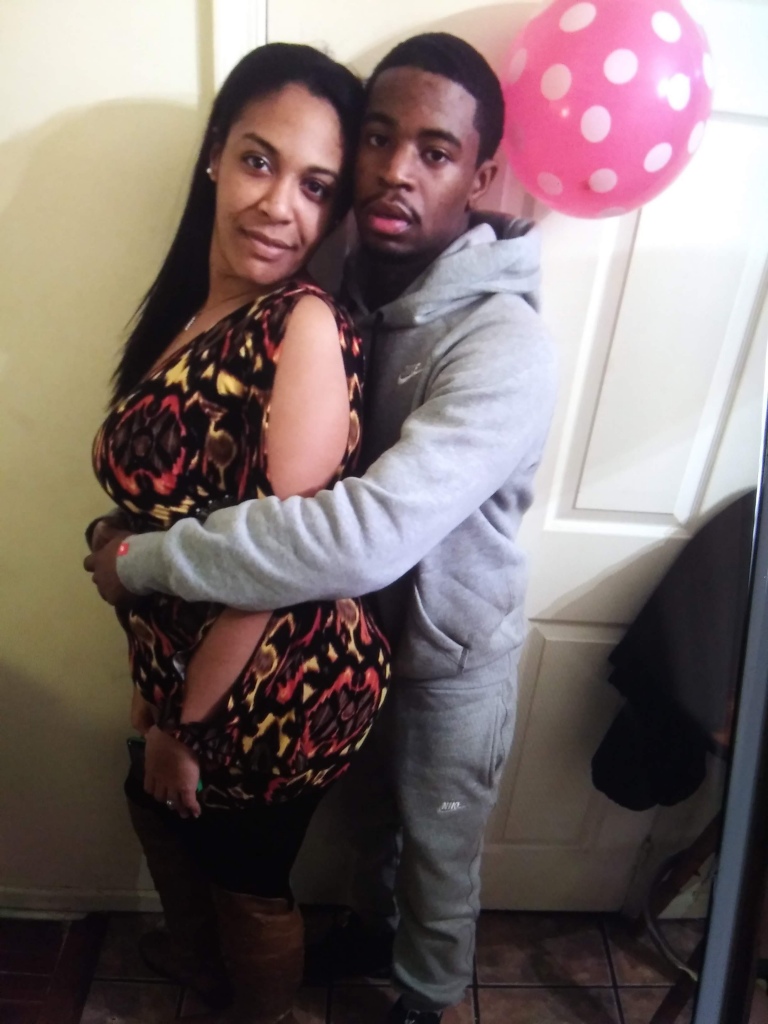
“Even in the midst of your tragedy, to be able to relive a beautiful moment and none of this other ugliness , was very nice,” Bond says. “ I got to relive a moment that I don’t think of or live in very often.” Here is some of the obituary:
Tania Bond was waiting for a bus when Dennis Plowden Jr. spotted her as he drove by. He quickly found a place to park his car and walked up to her.“He said, ‘Where are you going? I can give you a ride,’” Tania remembers. She was skeptical and didn’t take him up on his offer, but they exchanged numbers. They played phone tag and set a few tentative dates to get together, but it never happened. Then early one morning, he called while she was getting ready for work. Dennis, whose nickname was Nice, offered to drive her, and she agreed, even though she couldn’t quite remember what he looked like. Their first date was breakfast, before work, at Oak Lane Diner. This was during the summer of 2014 when Tania was 26 and Dennis was 22, She was concerned about their age difference at first, but Dennis was “ahead of his time,” she said. – Jennifer Lawson of Philadelphia Obituary Project
The beauty in everyone’s story
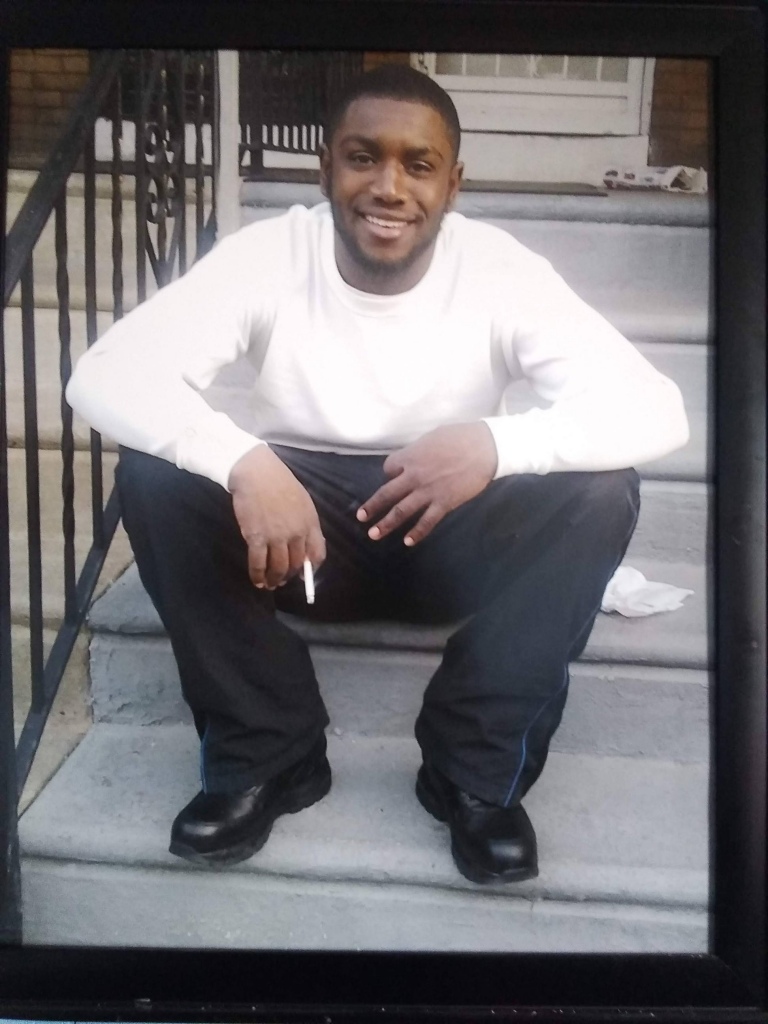
“They tell the life story of your loved one, and they just beautify it. It’s like they knew him,” Yullio Robbins says about her 28-year-old son, James Walke III’s obituary.”
On Feb. 23, 2016, Robbins’ son was shot 12 times while walking down West Seymour Street in Germantown. She says her life was “shattered.” She reached out to the obituary project with the intention of getting her son’s story out. Robbins says the original reports in the news were just a few paragraphs without an identity.
“The news reporters; I don’t want to say they don’t care,” Robbins says. “It’s just so many [homicides]. They just can’t keep up the focus on one murder, because every day is another one.”
Once Walke’s obituary was published, Robbins says it was “unbelievable”. The headline read, ‘James Walke III, 28, Known for his Pancakes – And a Heart ‘Big as the Moon’ While she says her life will never be the same, she is happy the obituary tells his story.
In his obituary, Robbins and other family members remember James’ large appetite, his famous pancakes he’d make for his sons and the love for his mothers’ fried chicken. Since publishing Walke’s story, Robinson has served on the Philadelphia Obituary Project’s board, with the function of recruiting family members to take advantage of having their loved ones story told. She says the obituary helped her in her healing process, and wants the same for other people.
“It’s letting them know that the loved ones aren’t forgotten about,” Robbins says. “My spirits lift when I speak of him and that’s how I want other families to feel, like I feel.” Here is an excerpt from the obituary.
In February 2016, James Walke III spotted a man lying on the ground down the street from the house he shared with his family in Germantown.He urged his mother, Yullio Robbins, and his stepfather to call 9-1-1 and to come with him to see what they could do to help.Robbins told her son, “‘No, James, don’t go down there. He could be crazy. He could be faking.’”“My son said to me — Oh my God, I’ll never forget it — ‘Mom, don’t ever say that. That could be me one day lying in the street. Do you want people to walk by me?’” Three of them waited with the man, who was unconscious, until the ambulance arrived. “James was not the type of person who was going to leave someone just lying there,” Robbins said. “Let me tell you, he had a heart as big as the moon. As big as the world.” That turned out to be a tragic foreshadowing of what was to come. -Jennifer Lawson for Philadelphia Obituary Project
A new kind of healing
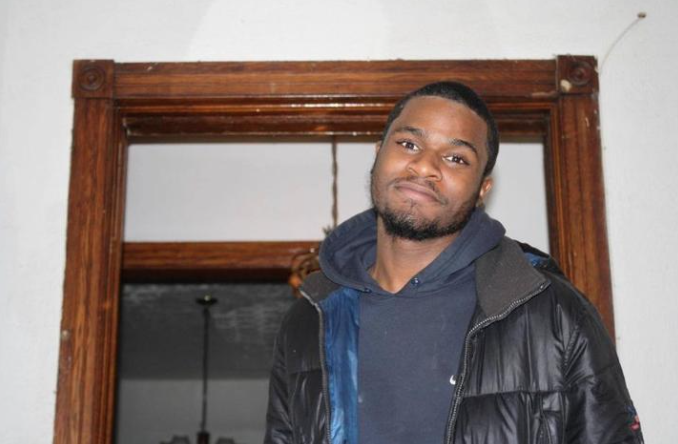
“For me, it was therapeutic, talking about my son,” Kimberly Kamara says about her son Niam Johnson-Nate’s obituary. “It was like, ‘oh, somebody cares about my child other than myself or family members.”
Kamaras son was shot on the night of July 4, 2017. The 23-year-old was killed when going to visit his girlfriend and 3-month-old son in West Germantown. Kamara recalls herself, her mother and other family members watching the news reports on TV.
Lawson from the project reached out to Kamara on Facebook. After several weeks, Kamara decided to respond. The two women began to talk and did the interview process. Later an obituary with the headline, ‘Niam Johnson-Tate, 23, New Dad and Organ Donor,’ was published.
“I was very emotional,” Kamara says. “I was excited and happy because again this [the death of her son] is new for me and my family.”
The obituary highlights a transition Niam went through ; once being the baby of his family to then having his own child. Although he was killed and the murder is unsolved, readers learn that seven of his organs were donated and why he initially wanted to be an organ donor.
Since the death of her son, Kamara has also joined the Philadelphia Obituary Project board, began a support group, Never Ending E-Motion or NEEM, for mothers whose children have been murdered by gun violence and authored a children’s book named ‘Where’s My Daddy’, a model of explaining homicide to children. Here is some of Niam’s obituary.
Niam Johnson-Tate was the baby of the family. He got whatever he needed or wanted — even a car, when his two sisters scraped their money together and bought him an old Pontiac Bonneville when Niam was 18. So when he found out that he was going to be a father, he felt unprepared for his new role. His sister Eboni, 26, remembers that “he was really nervous. He said, ‘I can’t be a father. I’m a baby myself.’”But becoming a father to his son Kairi, who was born in April 2017, made him grow up. He learned how to care for his child as he went along — one day he fed him six bottles in an hour, Eboni recalled with a laugh…“He always had a smile on his face, a crazy smirk,” his mother Kim Kamara said. “He talked to people with his eyes. The people closest to him knew what he was saying.” -Jennifer Lawson for Philadelphia Obituary Project
It’s powerful that a story shared with a community can bring so much peace for family members.
James Walke III and Niam Johnson-Nate’s murders are still unsolved. All Philadelphia Obituary Project stories with unsolved murders end with instructions on how to come forward with new information on the case, and Robbins advocates for her sons unsolved murder on Facebook.
For more information about the Philadelphia Obituary Project, visit their website.

